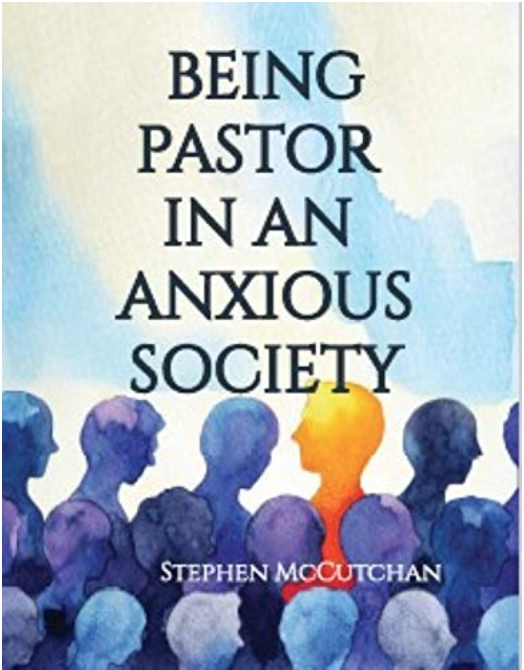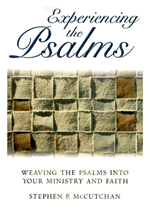A THEOLOGICAL FRAMEWORK
No one wants to appear like a wimp. If a clergy person starts talking about how people need to care about clergy health, aren’t they just whining and wanting special privileges? Real men don’t cry and Real Leaders don’t let them see you sweat. Isn’t that common wisdom?
Of course if you are a congregation and want to both call and keep a really good pastor, might you not want to consider how to keep them healthy so that they can offer the best ministry possible? How do we understand this issue of clergy care from a faith perspective?
EVEN CHRIST CARED FOR SELF
Recall from our scriptural witness that Jesus knew the importance of caring both for his body and his spirit.
When we read the story of Jesus stilling the storm in Mark 4 and parallels, we often focus on the miraculous event of Jesus re-enacting the creation story by stilling the chaos through speaking a word. However, it is important to recall what led up to this event. When the storm arose and the disciples were traumatized with fear, they went to find Jesus and discovered that he was in the boat fast asleep. (Mark 4:38) While this is not the most dramatic part of the story, it does remind us that Jesus did pay attention to the needs of his body. In fact the disciples were even a little upset that he was sleeping during their time of need.
THOSE CALLED ALSO RECEIVE
In several places in the Gospels, Jesus took time to withdraw from the needs of others to pay attention to the needs of his Spirit. (EG Luke 5:16) and looked for opportunities to encourage his disciples to withdraw as well. (Luke 9:28)
Jesus also knew how to receive support from others. A very clear example is in Matthew 8:14-15. The story is a simple one. Jesus came to Peter’s house and discovered that his mother-in-law was ill. The first thing he did was to heal her of her fever. We are familiar with that aspect of Jesus ministry but notice what happened next. “She got up and began to serve him.” His ministry to her enabled her to minister to him. It is a brief incident but it raises the question of how often we allow the members of the congregation to whom we offer ministry to also offer ministry to us.
Matthew 26:6-13 offers a more familiar incident. Jesus was enjoying the hospitality of Simon the leper, whom presumably he had healed of his leprosy. The first aspect we should notice is Jesus willingness to receive Simon’s gratitude in his home.
Next we hear the story of a woman pouring an alabaster jar of costly ointment on his head while he was sitting at table. The disciples got upset that she was wasting this costly ointment but Jesus response is instructive. “Why do you trouble the woman? She has performed a good service for me.”
Luke 8:3 indicates that there were some women that provided resources for Jesus and his disciples and Luke 10:7 makes clear that those who were involved in proclaiming the word were to expect support from others. As both Luke (10:7) and 1 Timothy (5:17-18) make clear, the laborer deserves to be paid.
Join the Team
Whether you are an ordained clergy or just care about your pastor, you might want to subscribe to this blog and keep up to date about how to keep clergy healthy, which in turn can help congregations healthy, which results in healthier ministry to a hurting world. You can subscribe by clicking the tab in the second column on the right of the web page.
Let me know the issues that you would like addressed.

































